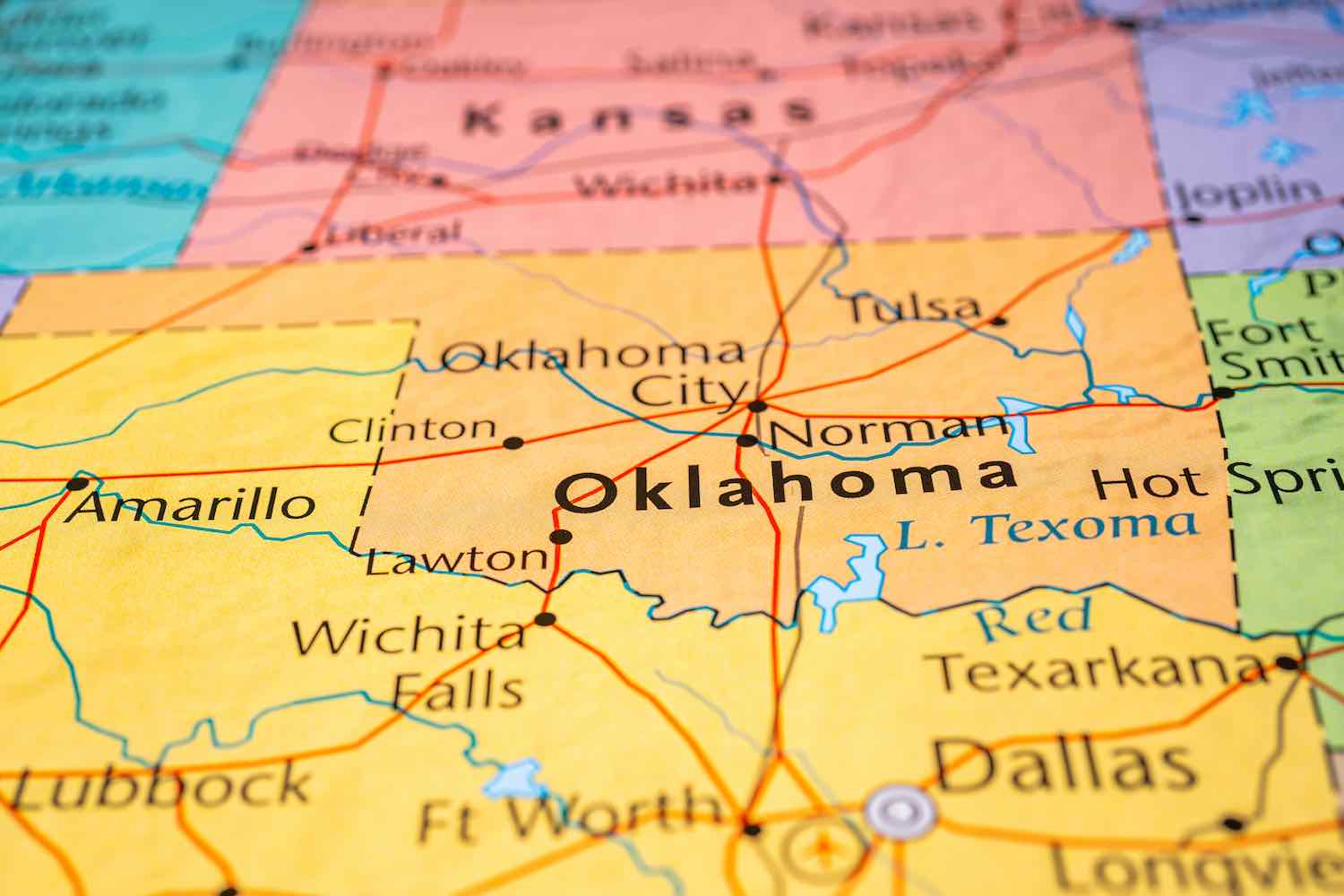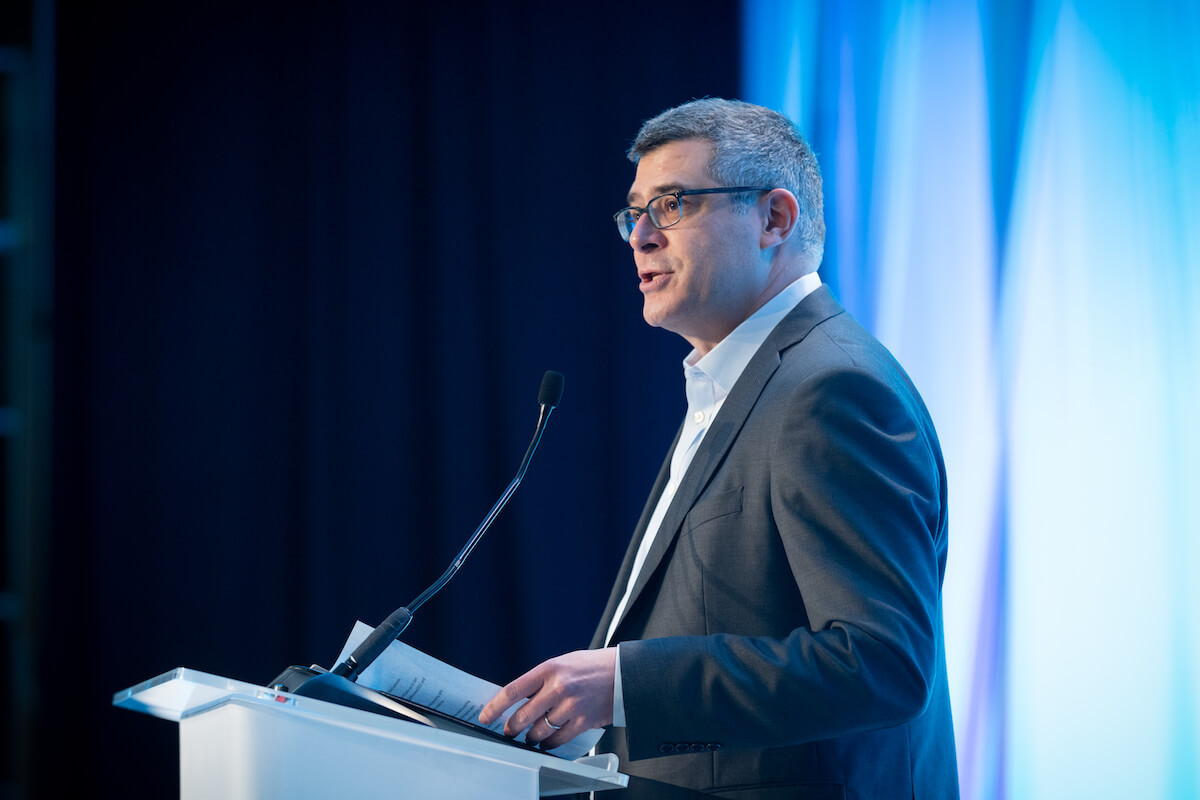Scores of anti-ESG bills were introduced in Republican-led states in January. The onslaught continues despite the more than $1.1 billion in financial costs of limiting competition in Texas and elsewhere. Some state-house politicians are doubling down on their fervent rhetoric against environmental, social and governance investing in a grotesque government power grab that allows down-ballot politicians to choose the winners and losers in the market.
Democrat senators labeled these market meddling anti-ESG bills as “anti-conservative,” while a growing chorus of centrist conservative governors like Chris Sununu call it “big government.” A closer look at most anti-ESG laws or bills in the legislative process shows most are toothless, in the sense that they outlaw ESG, but only where it may have been used for non-financial reasons. Which is to say, go ahead and use ESG, but make it about shareholders, not politics.
However, one recent pre-filed bill (SB 974) in Oklahoma, the nation’s 30th largest economy, stood out as it explicitly “prohibits” the use of ESG within the state’s borders. The bill is particularly bold in that, if passed, it would impact many of the state’s largest employers and could cause irreparable harm to its economy – assuming it somehow holds up to legal challenges. While the costs of ESG boycotts in municipal finance are known and the costs to pension funds have been modeled, it may be impossible to assess the immense cost to the citizens of these states that will come from outright prohibiting ESG and related disclosures within and outside the borders of a single state.
“No Government Entity including but not limited to this state…”
Nearly 70,000 workers fill the offices and barracks of the U.S. Defense Department in Oklahoma, making the massive government entity the state’s biggest employer. If passed, the ESG ban would be an unwelcome distraction for the D.O.D. given that many culture warriors have declared that the U.S. military went woke. Countless grievances have been aired by right-wing advocates decrying the D.O.D.’s climate adaptation plan, its use of ESG in procurement, its Office of Diversity, Equity & Inclusion, and many other perceived transgressions.
If SB 974 passes into law, will the state of Oklahoma be excluded from Department of Defense funding? Equally relevant, could they really, legally, reject a federal agency from operating within the state’s borders?
No “business operating in this state”
Listing the hundreds of companies that use ESG metrics in some form that also do business in Oklahoma may be beyond calculation, but consider the state’s second largest employer: Walmart. The big box retailer operates 183 locations in Oklahoma, accounting for 35,000 jobs, $731 million in taxes collected, and paying nearly $100 million in state taxes last year (2% of all state revenue). Walmart is also one of corporate America’s most outspoken proponents of ESG, prudently using the risk management framework to “prioritize the ESG issues that offer the greatest potential for Walmart to create shared value.”
If the bill passes, would Walmart need to revamp operations at home and abroad to meet the demands of Oklahoma’s state legislature? Might it not be more profitable to leave the meager-market state altogether to please a mega-market like California?
“…or any citizen of this state or individual within the boundaries of this state, shall use [ESG]”
“ESG has always been critical to our business,” explains J. Mike Stice, a former oil executive turned professor at The University of Oklahoma, the state’s third largest employer. In a promotional video for the university’s “Energy ESG Leadership” program sponsored by The Petroleum Alliance of Oklahoma, Stice concluded: “I would take it another level now. [ESG] is now an imperative.”
Might the state’s most respected educational institution need to cleanse mentions of ESG from its curriculum or close the Energy program? And given the bill’s provision that no citizen of the state can use ESG, will Professor Stice, the former dean of OC’s Mewbourne College of Earth & Energy, be silenced by Oklahoma’s new “state surveillance system”? According to an attorney group reviewing the bill, “Outlawing the use of ESG by individuals is like outlawing people talking about basketball,” which, come to think of it, they may need to do, given the NBA’s high profile diversity and inclusion campaigns. So long Oklahoma City Thunder?
If the Oklahoma Legislature can discard the state’s biggest employers and countless other global corporations, who benefits? A clue lies in a simultaneous pre-filed “boycott the boycott” bill (SB 842), which prohibits the state from doing business with any entity that “in any way boycotts firearms manufacturers.”
Oklahoma’s firearm and ammunition industry employed less than 3,000 people in 2021 and generated $415 million in total economic output, the fifth lowest per capita figure among states. To protect firearms from perceived slights, Oklahoma’s anti-ESG bills reflect similar challenges in Utah and Kentucky that shoot the state’s overall economy in the foot to appease minority industries like fossil fuels that are popular with culture warriors.
In Section 2, SB 974 escalates the alarmism over ESG: “It being immediately necessary for the preservation of the public peace, health or safety, an emergency is hereby declared to exist.”
Clearly, this anti-ESG fear mongering has little to do with economic imperatives and everything to do with a few cavalier politicians bootlicking the alt-right to fuel their up-ballot ambitions at the expense of hardworking constituents.
Ryon Harms is the Chief Impact Officer of Manifest Social, a digital agency representing shareholder advocates, including As You Sow.











